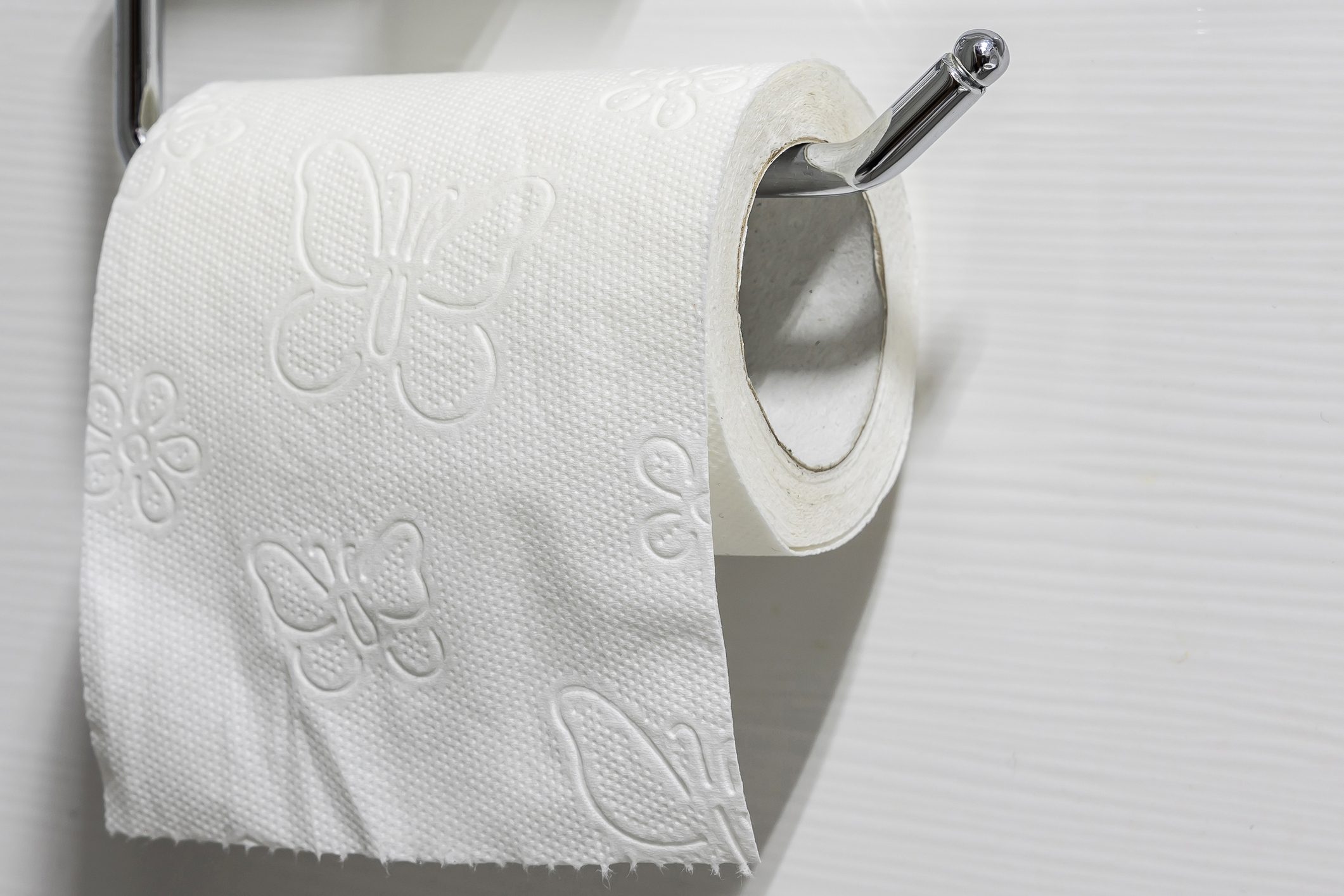A Cleveland Clinic expert reveals how many wipes it should take to complete, and what it means when nature seems to call for extra.

If You Have To Keep Wiping After You Poop, Here’s What It Means, Says a Gastroenterologist

About the expert
|
Highlights
|
If you keep wiping…and wiping…but still see poop, it can be unsettling—especially as you near the end of the toilet paper roll. But even as one strip turns into five, it’s not always a sign that something’s wrong. “The post-bowel movement wipe, or need for multiple wipes, is generally in itself not considered a sign of healthy or unhealthy bowel movements,” says Adrienna Jirik, MD, a gastroenterologist at the Cleveland Clinic.
She says that excess wiping often comes down to a change in stool consistency, and the explanation can be as simple as last night’s takeout. However, if each bathroom visit is a never-ending paper chase, it could be your gut’s way of telling you there’s a problem.
Why do I keep wiping and there’s still poop?
Generally, a healthy bowel movement should take two or three wipes to complete. Everyone will have to wipe a bit more from time to time, and Dr. Jirik says diet is usually to blame for the change in consistency. “Looser stools typically require a bit more wiping,” she says, “and many people may get this from greasier foods, alcohol, milk-containing products (especially if they are lactose intolerant), fruits, salads, and sweets.”
Other lifestyle factors can influence gut activity as well, potentially contributing to these loose, harder-to-wipe-away stools:
-
Stress can speed up our gut’s transit time, leading to a softer stool consistency.
-
Changes in physical activity and sleep patterns can affect regular bowel movements.
-
Certain medications and supplements can cause diarrhea-like stool consistency, according to the Merck Manuals, including antacids, magnesium, antibiotics, nonsteroidal anti-inflammatory drugs (NSAIDs, such as Advil).
When is endless wiping after pooping a problem?
Dr. Jirik says that frequent wiping on its own isn’t necessarily a cause for concern—but two red flags could indicate an underlying problem:
-
Ongoing changes to your normal bowel habits, such as persistent looser and/or more frequent stools
-
The presence of other symptoms
For instance, conditions like hemorrhoids cause inflammation that can “trap” fecal matter, making it harder to completely wipe everything away. But you’ll likely have other symptoms, too, such as pain, irritation, and itchiness around the anus. If these issues don’t go away with home care after a few days, see your doctor for treatment (and to check that it’s not something more serious, like an anal abscess).
Still, some symptoms warrant immediate medical attention. If frequent poop wiping comes with abdominal or rectal pain and discomfort—with or without bleeding—or significant anal leakage, Dr. Jirik says that you need a doctor’s evaluation as soon as possible. These signs could indicate an underlying medical issue that needs treatment, she says, including:
-
An inflammatory condition, such as Crohn’s disease or ulcerative colitis
-
An infection
-
A malabsorption issue, such as lactose or gluten intolerance, Celiac disease, pancreatic insufficiency, or bile acid malabsorption
-
Mass lesions, which are associated with colon cancer
-
Weakened anal sphincter tone
-
Pelvic organ prolapse
What to do if you keep wiping but still have poop
Having to use extra toilet paper occasionally is normal and often traces back to something you ate. But if it’s an ongoing issue, Dr. Jirik emphasizes the importance of seeing your doctor to check for an underlying condition.
But in the meantime, it’s important to stay clean down there. “Inadequate wiping can irritate the skin around the anus (perianal region) and cause the skin to crack, peel and possibly bleed,” Dr. Jirik says. Still, a gentle approach is key. (Here’s how to wipe your butt the right way, according to a gastroenterologist.)
“If multiple wipes are required, I advise putting some warm water on the toilet paper to gently clean the area or if available, use a bidet,” she says. Dr. Jirik generally doesn’t advise using disposable wipes, as they may contain chemicals and fragrance that irritate the skin further. Plus, these products are not flushable or easily compostable.
“If the skin is already irritated, it should be cleaned gently with warm water and patted dry,” Dr. Jirik says. “A barrier cream containing zinc oxide (such as diaper rash cream) or a thin layer of petroleum jelly can be used to protect the skin and aid with healing.”
For more expert-approved gut health tips, subscribe to The Healthy by Reader’s Digest newsletter and follow The Healthy on Facebook and Instagram. Keep reading:
